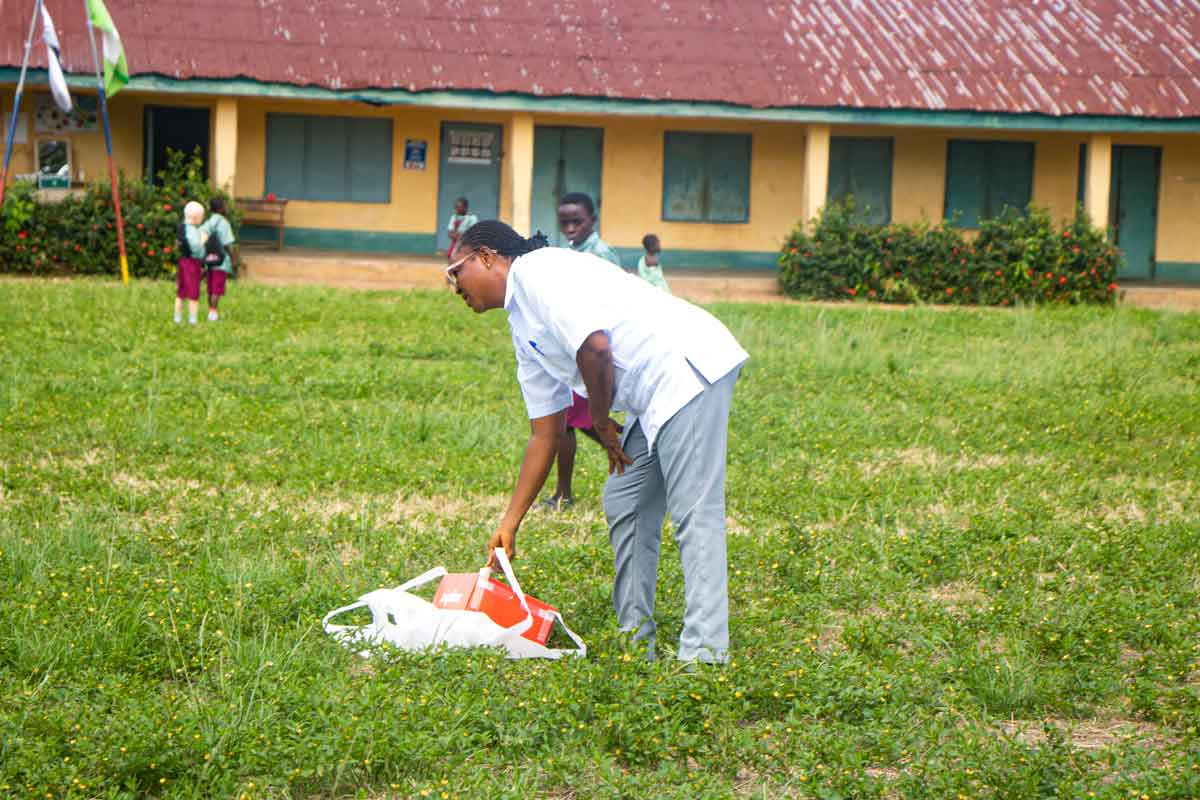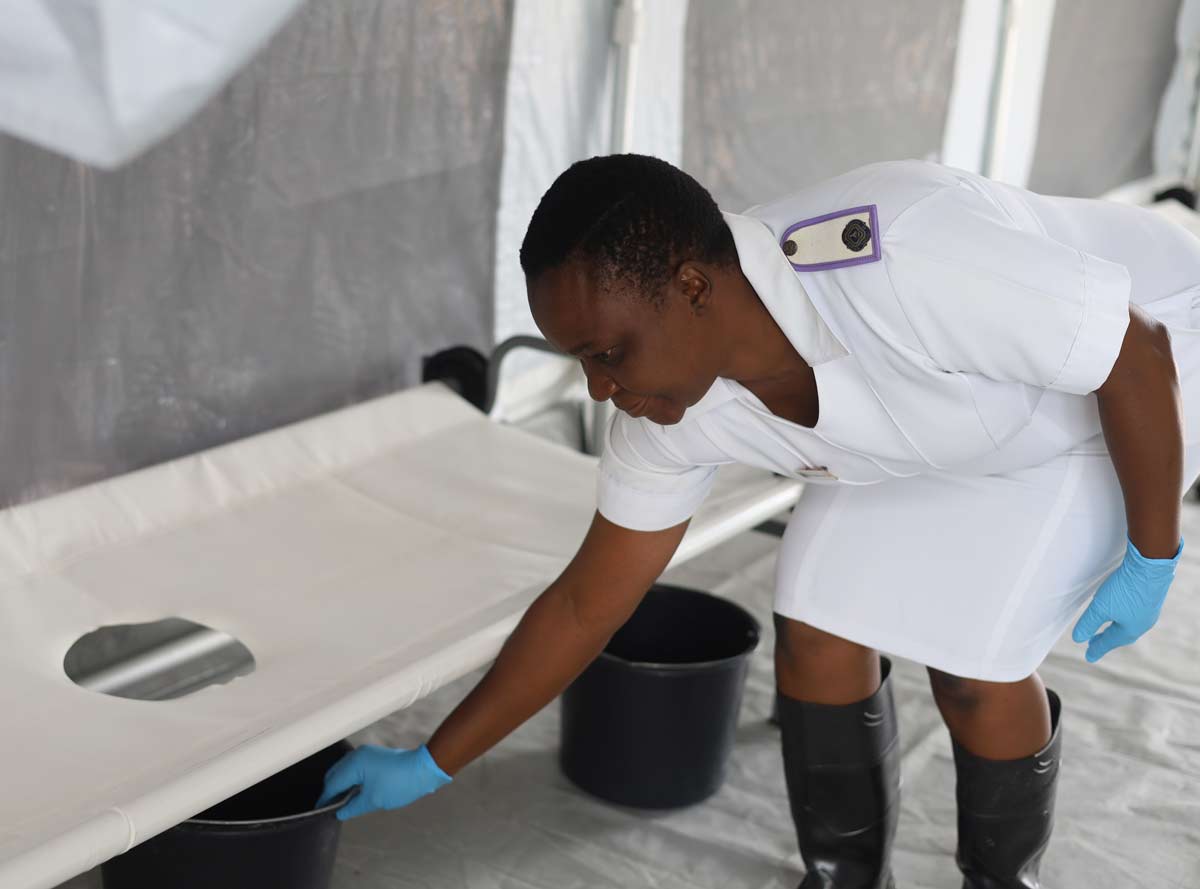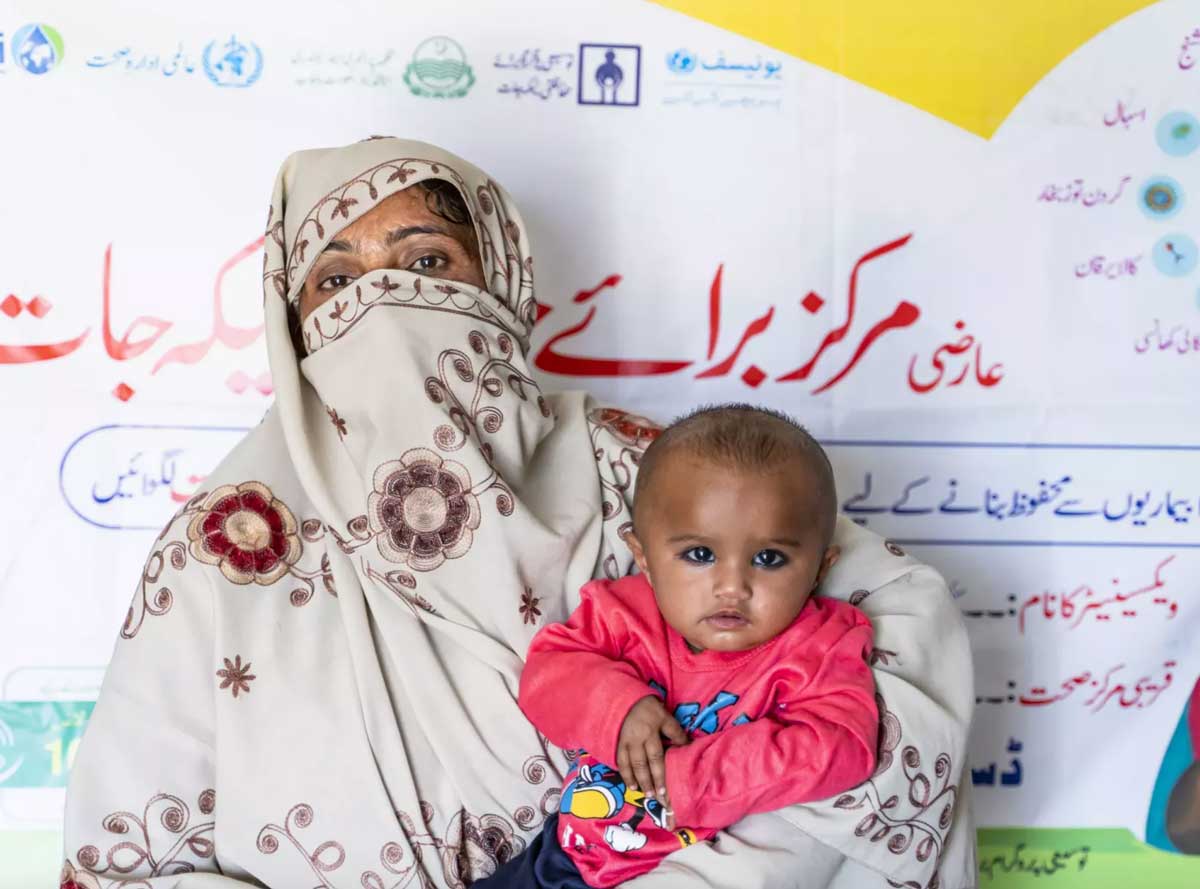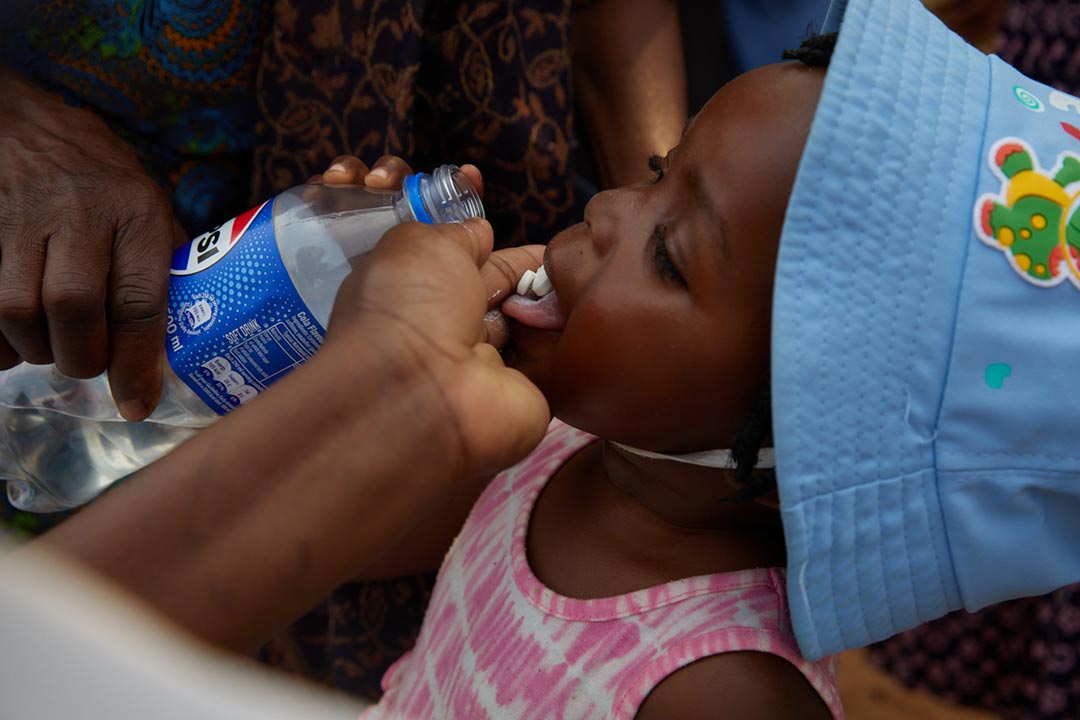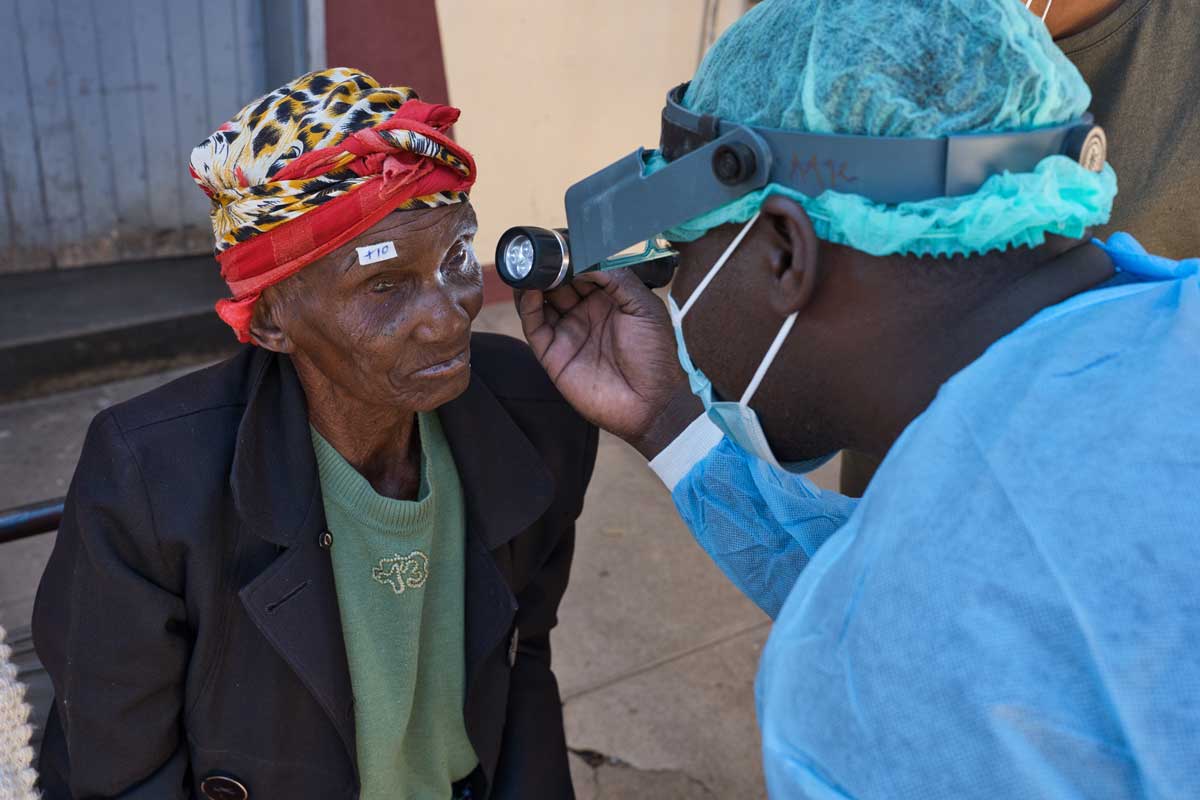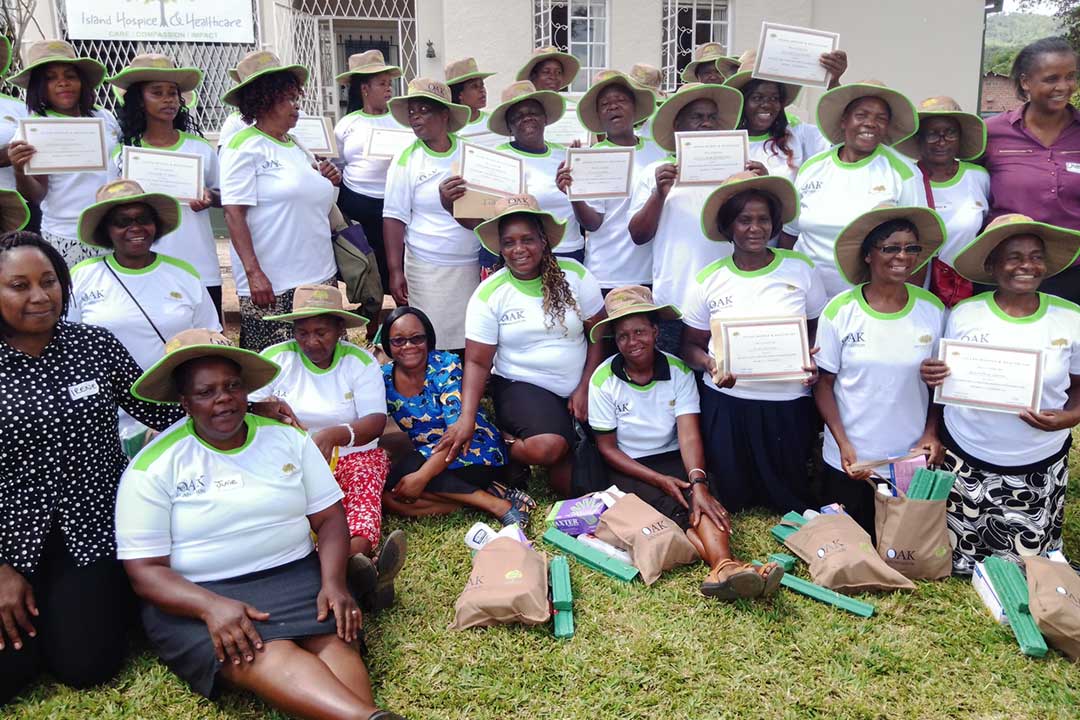5 years after the pandemic began, informal sector workers in Zimbabwe keep a wary eye on the future
Should pandemic preparedness begin at home? For vegetable merchant Cosmas Dambaza, the answer is a reluctant, practical, yes.
- 3 April 2025
- 6 min read
- by Derick Matsengarwodzi
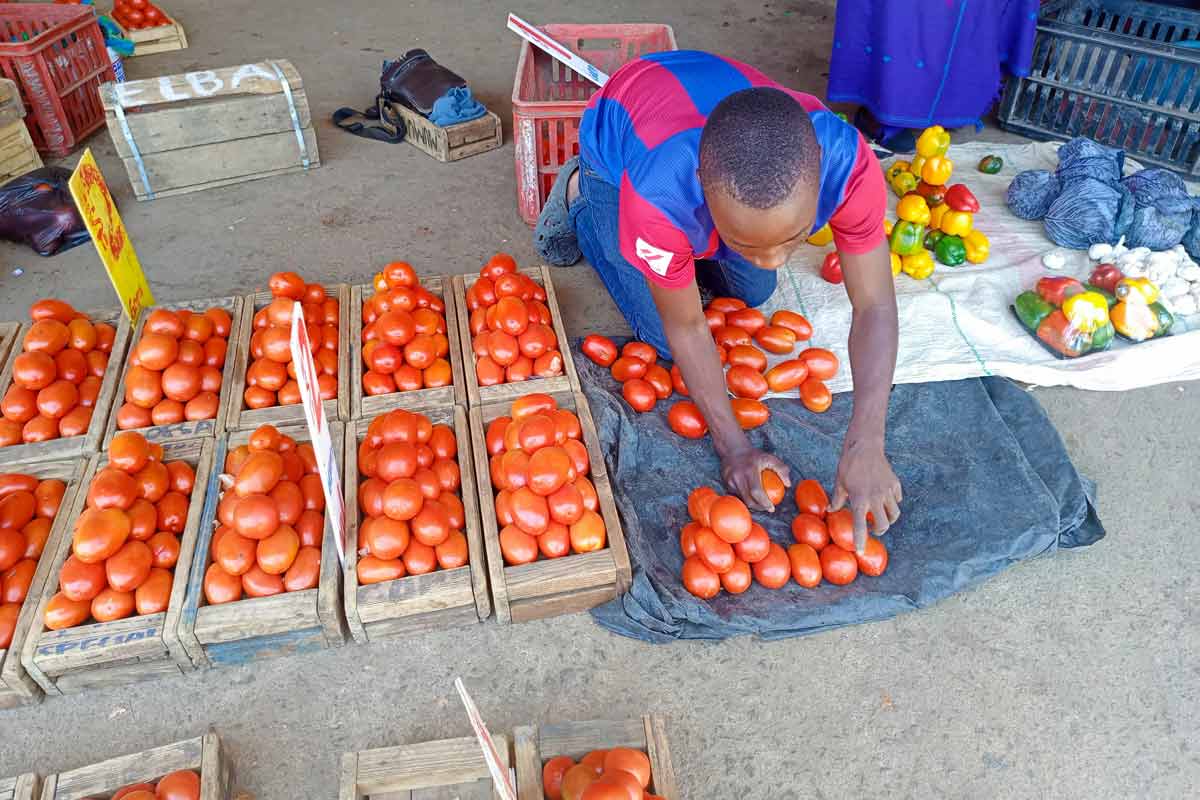
Five-year-old Melisa’s birthday will probably always remind her father, Cosmas Dambaza*, of the COVID-19 pandemic.
Dambaza, a 47-year-old fruit and vegetable vendor at Guzha market in Chitungwiza, a commuter town on the outskirts of Harare, recalls his life in the months and years before Melisa’s birth: waking at 04:00, getting ready, checking in on his wife before striding hurriedly away into the dark.
The farmers’ market would be busy by 05:00, and here Dambaza would negotiate for 10 crates of tomatoes that had arrived in town overnight. At his post, in the retail section, Dambaza then graded them, repackaging some into smaller portions, ready for his first sale. Soon, the market would be bursting with buyers, mainly women, searching for wares to sell at their green stalls dotted around the suburbs, or for use at home. He recalls the sound: shrill cries of peddlers, blasting radios, vendors negotiating vigorously. Meantime, on his portable radio, he tracked soccer teams to place some bets later.
In March 2020, as reports of the spread of a new coronavirus epidemic trickled in, he dismissed it as more background noise. “I first heard about the disease on radio, and thought it was something happening far away in China, and it will never reach us,” recollects Dambaza. “But when we heard rumours of reduced trading hours, I panicked.”
On 11 March 2020, the World Health Organization (WHO) declared COVID-19 a pandemic. This signalled disaster for his informal business and only source of income. That same March, Harare gazetted Statutory Instrument (SI) 83 of 2020 – a lockdown order, instituted in a bid to suppress the spread of the disease.
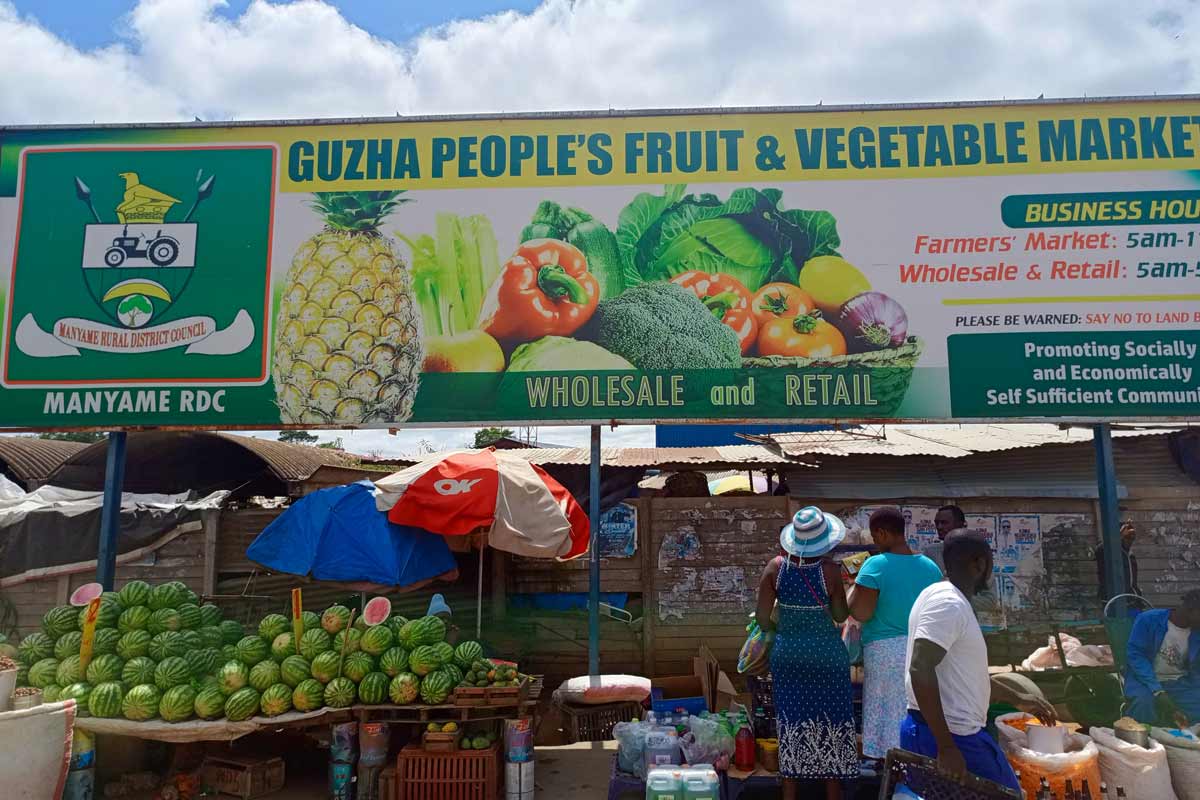
Melisa, Dambaza’s fourth child, was born into a family with no savings to fall back on. His entire trade was exempted from total lockdown, but ordered to adhere to reduced trading hours, from 07:00–11:00. Dambaza’s sales decreased from 10–15 crates of tomatoes a day to just 2, and his income dropped from US$ 10–US$ 15 to US$ 3 per day. Facing an early close to the trading day, Dambaza found himself slashing prices mid-morning, to clear his stock of perishables and compete with fresh commodities the next day.
With extra mouths to feed, he had to act fast. “When the lockdown started, I then decided to open a small vegetable market closer to my home, where I sold two to three crates of tomatoes and other vegetables to people who could not go to the main market,” said Dambaza. “Sometimes, I did home deliveries during lockdown to serve my regular customers.” They stayed afloat.
Market failure
Edward Chakwera, 35, a spice seller at Mbare Musika market, a major fruit and vegetable hub in Harare, recalls that his life turned “sour” during the pandemic. The family business had supplied spices and packaging materials to buyers, but after the pandemic struck, their lives crumbled.
“I could not travel to get supplies, because all the roads were blocked, and the police demanded documents to show that I was an essential service provider,” said Chakwera. “At one time, I was arrested for opening my market beyond operating hours, and I spent some time in the cells for violating lockdown rules. At that time, we lost a lot of business, and I didn’t have anything else to do, since I have been doing this business for years now.”
Even when the lockdowns began to ease in September 2020, and formal businesses began to resume operations under strict WHO-recommended guidelines, most informal businesses remained shut. Markets, like the ones at which Chakwera and Dambaza trade, were deemed COVID-19 hotspots.
Vaccines arrive
On 29 September, there was good news for the traders: Zimbabwe had received 943,200 COVID-19 vaccines.
The first round of vaccination commenced in February 2021, targeting 60,000 health and other frontline workers. Near the markets, health workers used loudhailers and posters to raise awareness among traders. Citizens trickled in to get vaccinated.
By June 2021, the government had decided the people’s markets would be prioritised during the vaccination drive. “The nation is advised that the next priority areas of vaccination are the remaining border posts, especially Forbes, Chirundu and Kariba, current hotspots, tobacco auction floors and people’s markets, such as Renkini in Bulawayo, Mbare Musika in Harare, and Sakubva in Mutare,” Information and Publicity Minister Monica Mutsvangwa said.
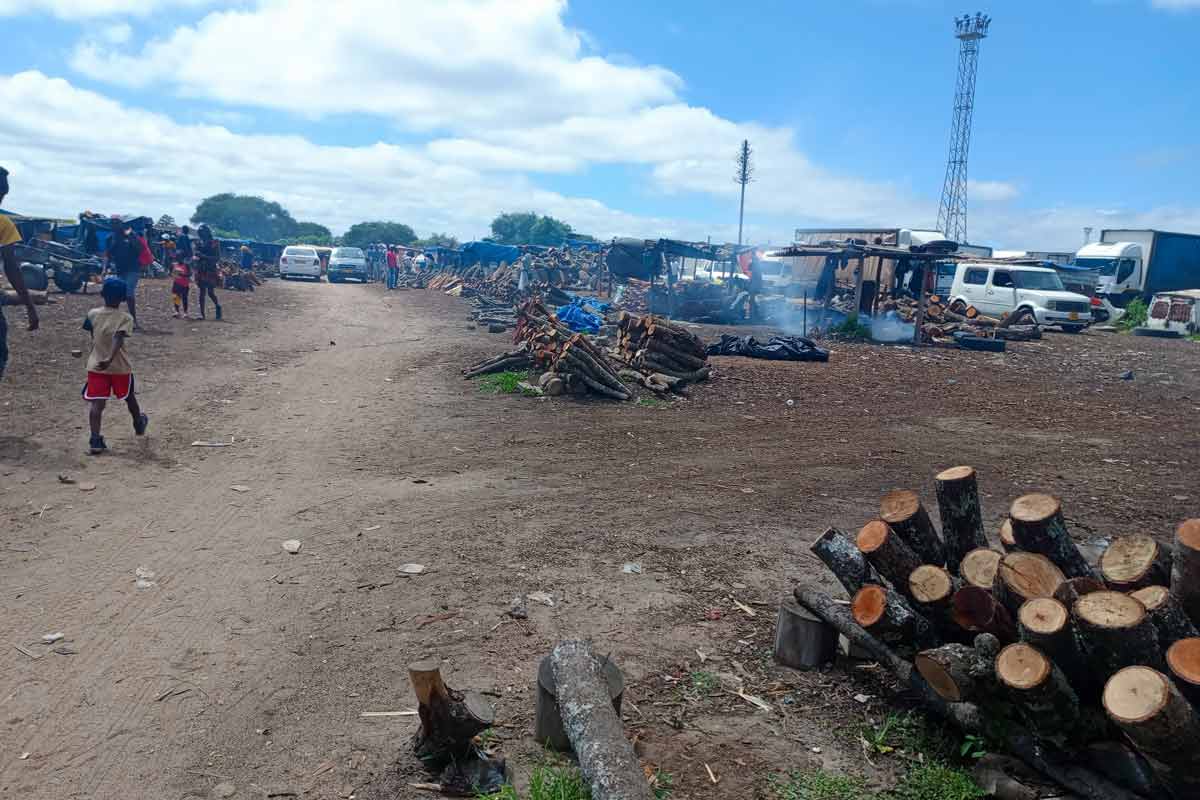
By 27 September 2021, a year after the first doses arrived, UNICEF said a total of 3,051,371 eligible people in Zimbabwe had received their first dose, and 2,211,880 had received a second dose. This coverage translated to a national coverage of 35.7% for the first dose, and 25.8% for the second dose.
Both Chakwera and Dambaza disclose that they felt anxious at first to get jabs, but due to their workspace, vulnerability and regular sickness of workmates, they decided to get protected. “Despite the fear, I [got] vaccinated, so that I could finally get back to work, which is our own means of survival,” Chakwera proudly said.
Have you read?
Back to work
Looking back, the traders still feel the relief that the pandemic is over. “I am glad that now we can travel freely around the country to get supplies from farmers without restrictions,” Dambaza told VaccinesWork. “I am now back at my usual spot, my family is healthy and my customers can buy from me freely, without the fear of getting sick.”
Chiedza Tembo, 41, a regular buyer, said, “I am glad I can now travel to the markets to buy supplies for my canteen, which was impossible during the pandemic. Today, I can get more and regular supplies to choose from, unlike in the past. I had limited choices. My customers are now happy and all the restrictions have been removed.”
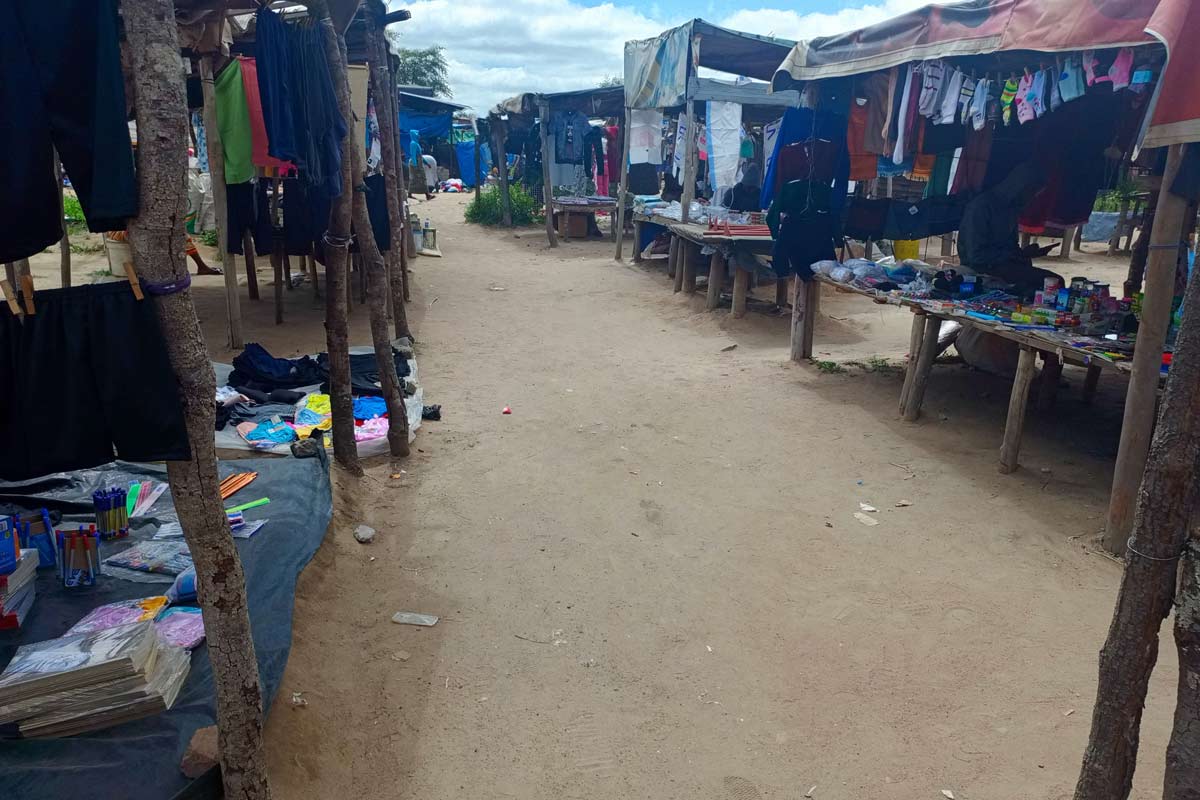
Meanwhile, across the country, COVID-19 jabs are still available, according to the Ministry of Health and Child Care’s website. “The COVID-19 vaccination which was introduced in March 2021 is still continuing until all eligible people are vaccinated and protected. The service remains available at all health facilities when there are no mass vaccination campaigns.”
WHO says as of 19 December 2023, the country had recorded a total of 265,975 confirmed cases and 5,730 deaths. In 2024 to date, no active cases were recorded.
As the threat subsides, the worst impacts of the pandemic are now sad memories. Five years on, Dambaza is slowly preparing his eldest son, Jacob, 17, to join his trade. Part of the curriculum is a homespun form of pandemic preparedness: “The pandemic taught me to start saving, in case it happens again,” Dambaza said. “You never know what can happen to me, so I have to train my children – so he will be able to fend for himself.”
*Not his real name
More from Derick Matsengarwodzi
Recommended for you



